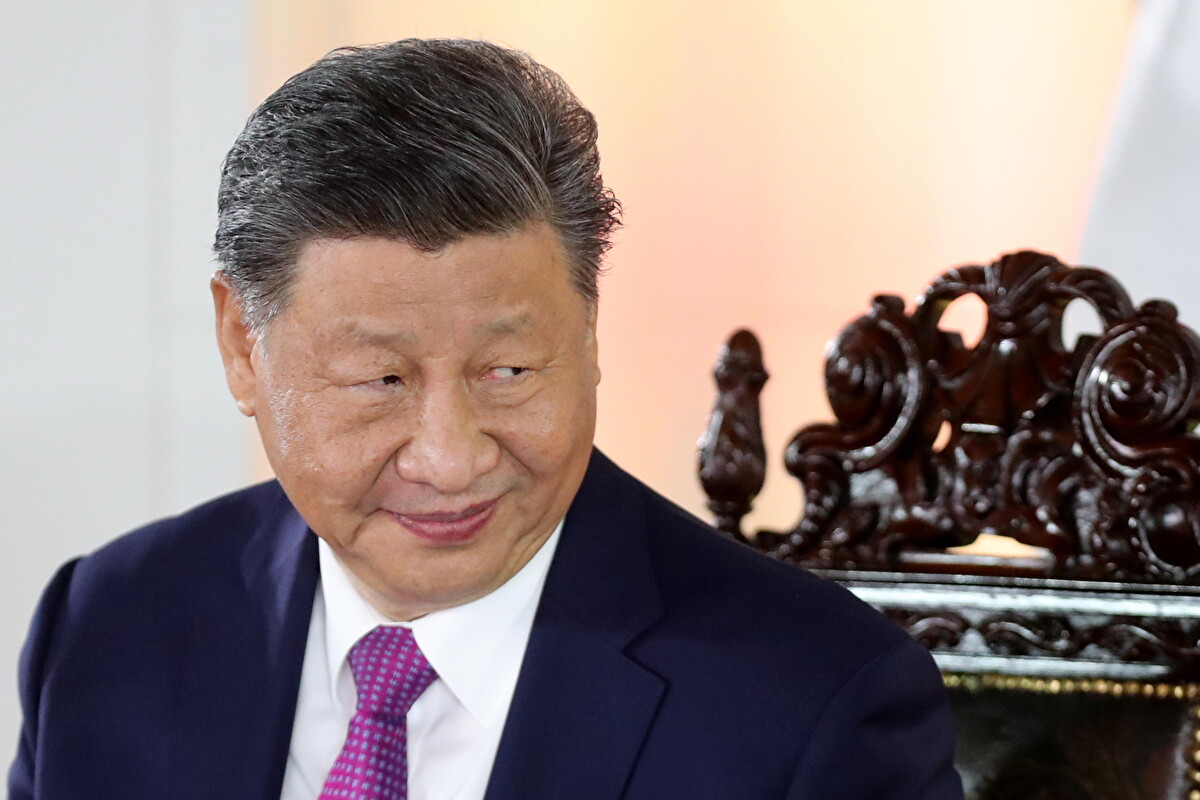A single UN vote led to Diana Mondino’s dismissal as Argentina’s foreign minister after her delegation supported a resolution to end the U.S. economic embargo on Cuba.
While Argentina’s positive relations with Cuba made this vote unsurprising, it infuriated President Javier Milei, who strongly opposes lifting the sanctions. Milei’s stance remained firm despite an almost unanimous vote at the UN, with only the United States and Israel opposing the resolution.
Mondino will now be replaced by Argentina’s ambassador to the U.S., Gerardo Werthein, a prominent businessman and influential figure in the government.
Yesterday, a 24-hour transportation strike paralyzed the nation, causing widespread disruption. Trains, subways, trucks, ships, and planes all ground to a halt as unions organized roadblocks, picket lines, and other protests, calling it “the beginning of a resistance plan” against Milei’s government.
“Argentina is in a period of deep transformation, and this new era demands that our diplomatic corps consistently reflect the values of freedom, sovereignty, and individual rights that define Western democracies. The Republic of Argentina will uphold these principles in all international forums, and the government will launch a review of foreign ministry personnel to identify those pushing anti-freedom agendas,” Milei said.

Mondino ultimately could not find her place within this vision, despite being one of Milei’s strongest early appointees. An economics professor, she had played a key role in mediating diplomatic disputes between Milei and Argentina’s traditional allies, such as Brazil and Spain, and had even opened up dialogue with China during a visit to Beijing last April.
However, she could not ease tensions between Milei and the UN, which Milei had criticized during his campaign as an organization with a “socialist agenda,” famously asserting, “I don’t do business with communists.”
The embargo on Cuba began in 1960, and the UN General Assembly first urged the U.S. to end it over 30 years ago, in 1992.
Werthein, the new foreign minister, is a well-known businessman who previously led Grupo Werthein, a conglomerate with interests in real estate, construction, agriculture, food, and telecommunications.
He comes from a Jewish family of Russian origin. His great-grandfather, Leon Werthein, emigrated from Bessarabia to Argentina in 1904 with his wife, Ana Jajam, and their four children—Gregorio, Elisa, Numo, and Israel—fleeing persecution of Jews in the Russian Empire.












